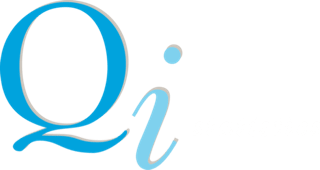The application of statistical methods plays a fundamental role in the development, improvement and optimisation of new products and processes. The interpretation of data in the presence of variation requires basic statistical skills while experimental design techniques are used to understand the influence and interaction of product and process variables.
Example courses include:
- Statistics Fundamentals for R&D and Manufacturing
- Experimental Design for R&D and Manufacturing
- Process Capability Workshop
Training courses can be delivered using one of a range of commercially available statistical software packages.
Don’t see what you need? Then please get in touch and we will get back to you.
Showing all 11 results
These public courses are open for anyone to book. If you have any questions please don't hesitate to get in touch.
These courses can be run at your office, or another location, specifically for your team. If you have any questions please don't hesitate to get in touch.
Statistic Fundamentals for Research & Industry Using Statistical Software
Covers the easy-to-use features in statistical software for investigating, visualising and performing basic statistical techniques on data sets typical to research and industry settings.
Experimental Design for Process Development and Improvement (R&D)
The aim of the course is to introduce attendees to the benefits of statistical experimental design.
Process Capability Workshop (R&D)
We offer this training to enable the understanding of statistical process capability measures (Cp, Cpk, etc) and to interpret capability analysis outputs.
Experimental Design for Product Reformulation, Optimisation and Preference Modelling
This course is aimed at researchers and new product developers who need to understand how product components work together to influence consumers and to optimise performance characteristics.
Understanding Basic Statistics (Non-software based)
A course for professionals who need to understand statistics reports and presentations and interpret what they see correctly to make informed decisions, rather than carry out analyses themselves.
These webinar recordings are available for anyone to purchase. Please check the public course listing if you'd prefer to attend a live event. If you have any questions please don't hesitate to get in touch.
Applications of Experimental Design in Consumer Research - Case studies (On demand)
Case Studies illustrating product insights and optimisation Experimental Design methods are now widely used to optimise manufacturing processes and have an important role in product development.





